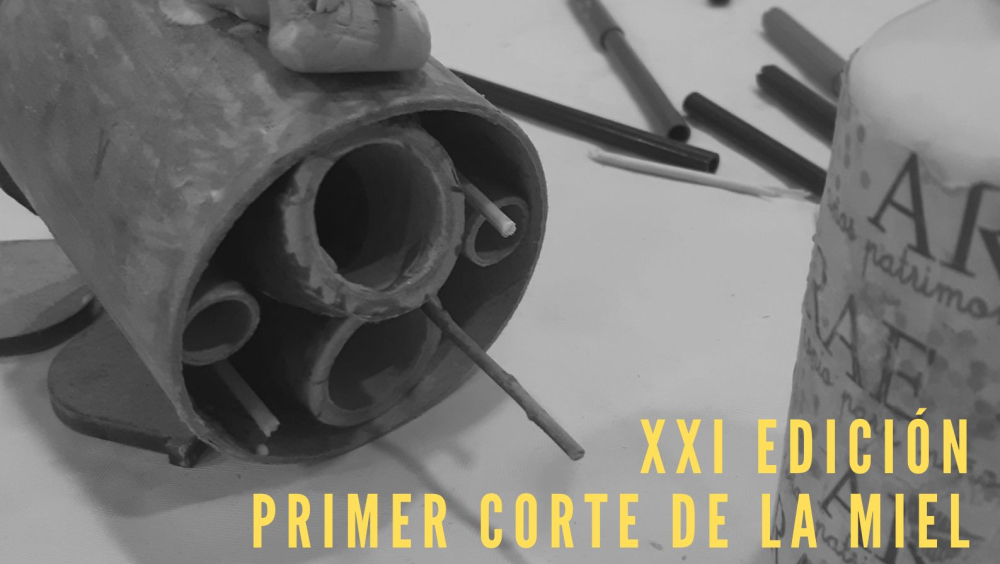Prehistoric hives (colmenas prehistóricas)
The prehistoric hives of the Valencian Levante refer to archaeological structures and vestiges related to beekeeping in the region of Valencia, Spain, during antiquity and prehistory. Beekeeping is the breeding and management of bees to obtain honey and other related products, and this has been an important practice in several cultures throughout history. Archaeologists have found evidence of beekeeping activity in the area through excavations and scientific studies. The prehistoric hives of the Valencian Levante highlights for their construction and ingenious design, which allowed the exploitation of wild bees to obtain honey. In the case of Ayora (municipality located in the province of Valencia, Spain) the practice of beekeeping is an important part of its tradition and culture, has deep roots and has played a crucial role in the local economy and in the lives of its inhabitants. That importance of beekeeping in Ayora is reflected in local events and festivities. The most outstanding is “el Primer Corte de la miel” (First Cut of Honey) organized by early October. Sale of products, tastings, recreational activities... to promote awareness about the importance of bees in the ecosystem and food security. In the XXI edition of the honey day will take place a family educational activity about beekeeping heritage. The first known hives, the so-called fixist hives, are those that have been traditionally used since the beginning of beekeeping. They have been built with various materials (straw, mud, wood, esparto...), but those made with hollow trunks or cork oak bark stand out, so they have received the popular name of corks. There are more than 17,000 species of wild bees in the world. The Ayora Valley is home to many of them, which provide a large part of the pollination of our cultivated and wild plants. Urban sprawl and intensive agriculture have significantly reduced the habitat of these beneficial insects. However, it is very easy to do a good deed for bees by building them a place of denial in the form of an insect hotel. Based on the dossier of ideas of European @europeanheritagedays Heritage Days to develop activities on #SustainableHeritage we create, from recycled material bee hotels, in the manner of those primitive hives. Each participant builds their version of the space they imagine for bees. Building a manual hive is a great way to attract, in a sustainable way, these beneficial and endangered pollinators. To form the basic structure of our small shelter, we use cardboard tubes where we will fill the interior space with a maximum of different materials (sticks, cardboard tubes and wood as well as clay with holes), creating cavities and tunnels, ideal for the construction of niches for bees. For participants from 8 to 14 years old.
Address
Virgen del Rosario, 35, 46620 , Spain
